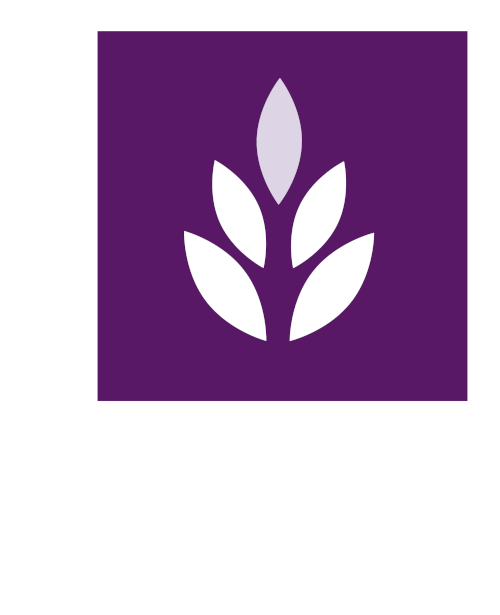HEM Business & Engineering School Achieves 4 Palmes of Excellence in 2025 Eduniversal Ranking

Summary: HEM Business & Engineering School has been awarded 4 Palmes of Excellence in the 2025 Eduniversal ranking, confirming its place among the top business schools in Africa. This article explores the key factors behind this recognition, including academic quality, industry partnerships, and global innovation strategies.
Eduniversal Recognition: A Major Milestone for HEM
HEM Business & Engineering School has proudly been recognized with 4 Palmes of Excellence in the 2025 Eduniversal Best Business Schools Ranking, marking a significant milestone in its continuous ascent as a premier higher education institution in Morocco and across Africa.
This recognition elevates HEM into a category of globally renowned business schools known for their academic influence and quality.
This achievement aligns HEM with other distinguished institutions such as Naveen Jindal School of Management and HSE Graduate School of Business, both recognized with 4 Palmes in 2025 for their contributions to business education internationally.
HEM's History and Vision for Excellence
Founded in 1988 by Professor Abdelali Benamour, HEM has evolved over nearly four decades into a leading private educational institution.
With campuses in Casablanca, Rabat, Marrakesh, Tangier, Fez, and Oujda, HEM offers diverse undergraduate and postgraduate programs, notably in management, engineering, and finance.
Its pragmatic curriculum serves today’s job market needs while focusing on internationalization and entrepreneurship.
This vision supports Morocco’s strategic aspiration to become a knowledge hub within North Africa and across the continent.
Academic Excellence and International Collaborations
HEM’s advancement from 3 to 4 Palmes signals a tangible improvement in academic standing.
The institution’s master's and MBA programs—covering areas like International Management, Accounting, Finance, and Human Resource Management—have garnered acclaim from Eduniversal’s International Scientific Committee.
Strategic partnerships with top-tier universities, such as Paris Dauphine and IAE Paris, reinforce HEM’s academic stature.
As observed in similar rankings for schools like Pacífico Business School, international cooperation plays a vital role in elevating academic and institutional standards worldwide.
Industry Connections and Employability
A defining feature of HEM’s model is its dynamic collaboration with the business world.
Through internships, capstone projects, and corporate visits, students gain direct exposure to professional environments.
This contributes to HEM’s impressive graduate employability metrics and ensures its programs remain aligned with labor market trends.
This industry-academic nexus mirrors what is seen in other global institutions, such as the Graduate School of Management at St. Petersburg University, which similarly integrates applied learning frameworks into its curricula.
HEM’s Global Network and Student Mobility
HEM is part of the global LCI Education Network, a collective of educational institutions spanning five continents.
This affiliation reinforces its commitment to international perspectives, fostering student exchange programs and collaborative research projects across regions.
In promoting cross-border academic mobility, HEM aligns with current global education trends, particularly in preparing graduates for the interconnected business world.
Driving Innovation and Research in Morocco
With the launch of the HEM Research Centre in 2007, the institution solidified its place as a research-driven school.
This center focuses on applied research, policy work, and innovative pedagogical models—contributing significantly to Morocco’s academic ecosystem.
HEM's research efforts are directly tied to national socioeconomic priorities and help foster a new generation of thinkers and leaders prepared to navigate complex challenges.
Strategic Location and Nationwide Impact
Operating six campuses in key urban centers across Morocco, HEM ensures higher education access for students from various socioeconomic and geographic backgrounds.
This network allows the school to contribute to regional development and offer students localized yet globally relevant programs.
Its nationwide reach contributes to its recent rise in national and regional rankings, reaffirming HEM's mission to democratize quality education throughout Africa.
Focus on Sustainability and Entrepreneurial Thinking
HEM integrates themes of entrepreneurship and sustainable development into its programs, ensuring graduates are equipped to build businesses that contribute to both economic growth and social good.
This aligns HEM with a growing international movement urging educational institutions to produce ethical, solution-oriented leaders.
Similar educational frameworks are being adopted in dynamic markets such as the UAE and South Africa, further validating the importance of sustainability in global curricula.
Admissions, Affordability, and Access
HEM maintains a ~70% admission acceptance rate, balanced with a selective entrance exam.
Tuition remains competitive within Morocco’s private sector: approximately 60,000 MAD for bachelor’s programs, 80,000 MAD for master's, and up to 120,000 MAD for the MBA based on the latest data.
This accessibility supports the institution’s vision to make elite education more inclusive and help bridge gaps between economic classes while maintaining educational standards.
Final Thoughts and Future Outlook
HEM’s journey from a pioneering institution to a recognized leader with 4 Palmes highlights the transformative power of quality education. This distinction reflects collective efforts from faculty, students, alumni, and partners, and sets a promising path forward.
As HEM advances, it joins a growing cohort of African and global institutions shaping tomorrow’s economy through education.
If you’re a prospective student, educator, or industry leader, now is an opportune moment to discover the future-ready programs HEM offers.



